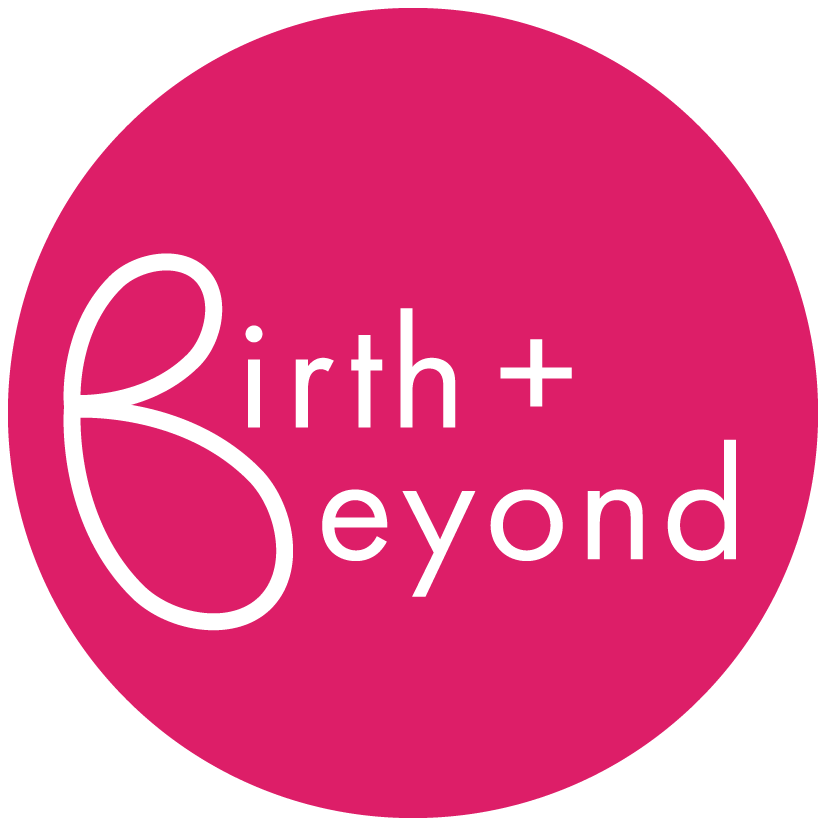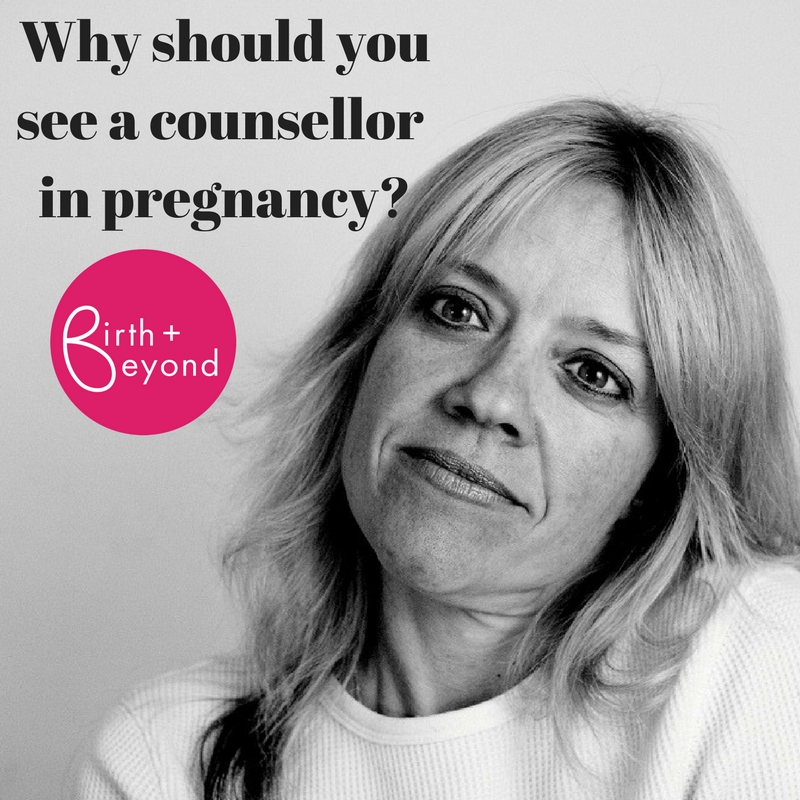I’ve spoken with a few mothers recently about how they didn’t acknowledge their sense of fear during their pregnancy. How they took pride in their ability to carry on without making many allowances for the new person inside them. Not that they didn’t go to antenatal classes or enjoy preparing for their baby practically, but that they didn’t start developing their relationship with the person inside them, because for some reason they were scared to.
This fear can often be rationalised as being about protecting yourself in case something happens to the baby. However what if it is actually about something deeper than that. What if you don’t want to connect with your unborn child because actually you’re scared of what they will MEAN. What will they do to your life? How will they affect you? What will they make you give up?
Many of us work very hard as we grow up to develop a sense of independence and autonomy, and babies are a very real threat to that. At the beginning especially, our autonomy and independence are very much lost. Donald Winnicott, the paediatrician and psychanalyst talks about how the mother and baby are so interconnected, especially at the beginning, that a baby will struggle to exist without a mother. And perhaps subconsciously we recognise this, and so during our pregnancy it is almost easier to deny that the baby is really there than face the fear of what that responsibility might be like for us.
Rachel Cusk, the author, wrote that a woman might feel anger for her baby “because she has lost the power of autonomy and free will in her own life. From the first moment of her pregnancy, a woman finds herself subject to forces over which she has no control, not least those of the body itself. This subjection applies equally to the unknown and the known : she is her body’s subject, her doctor’s subject, her baby’s subject, and in this biological work she has undertaken she becomes society’s and history’s subject too. But where she feels the subjection most is in the territories,whatever they are that in her pre-maternal life she made her own. The threat to what made her herself to what made her an individual : this is what the mother finds hardest to live down. Having been told all her life to value her individuality and pursue its aims, she encounters an outright contradiction, a betrayal – even among the very gatekeepers of her identity, her husband or colleagues or friends – in the requirement that she surrender it.”
But research shows that mothers who spend more time developing their relationship with their baby before they give birth are more likely to enjoy the early days of meeting their baby outside the womb, and are more likely to enjoy learning more about who this person is right from the start. They are continuing a relationship that they have already started.
Mothers who have difficult pregnancies can sometimes be forced into losing their sense of independence and autonomy much sooner, and so the grieving process starts earlier. This can bring its own struggles, as this can either help the mother accept the changes that having a baby will bring in her own emotional landscape, or else it can make it even harder to accept as the mother can feel resentful of the baby for having caused this loss, which may cause her to unconsciously want to reject her baby.
I don’t say these things to make you worry about whether you are thinking about your unborn child enough. I say them because I believe (and research bears out my belief) that mothers who take time to reflect on and develop their relationship with their babies BEFORE they are born, can have more enjoyment of their babies sooner after birth. And this enjoyment can help mitigate all the other parts of being a mother that are really hard!
If you find that you are really struggling to connect with your baby in utero, I would encourage you to think about why that might be. There maybe many reasons for it, and some of those might be painful and you might want some support to explore them. But, like any relationship you are developing, the more you invest in it the more rewarding it becomes.



